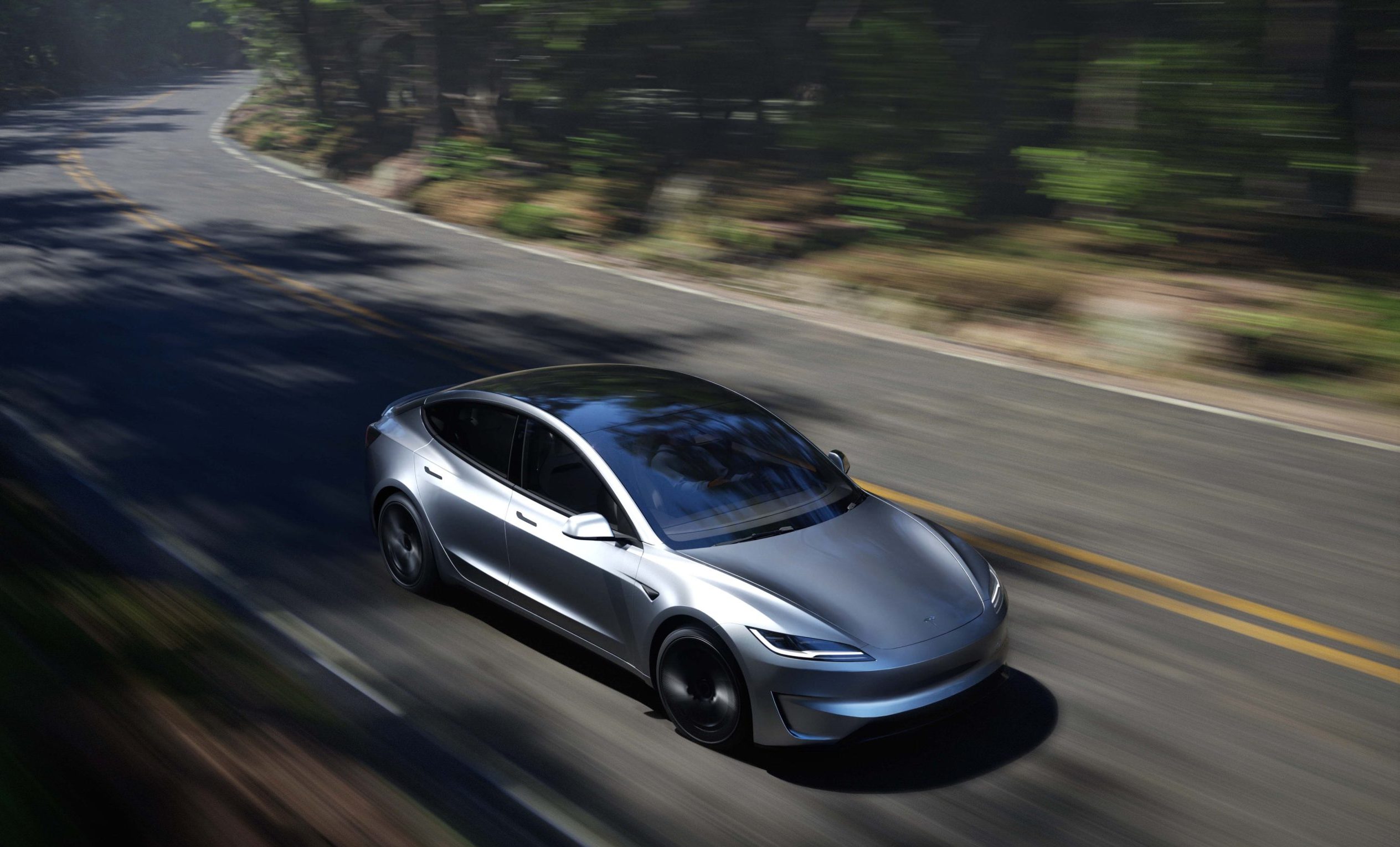
Import Value of China-made EVs Soars by 848% from Jan. to July, Making China the Top Import Country
The landscape of South Korea's electric vehicle (EV) market is undergoing a significant transformation, driven by a surge in imports of Chinese-made electric v
 www.businesskorea.co.kr
www.businesskorea.co.kr

Import Value of China-made EVs Soars by 848% from Jan. to July, Making China the Top Import Country
The landscape of South Korea's electric vehicle (EV) market is undergoing a significant transformation, driven by a surge in imports of Chinese-made electric v
Import Value of China-made EVs Soars by 848% from Jan. to July, Making China the Top Import Country
- 2024.09.18 23:42
Previously, most Chinese electric vehicles imported into South Korea were commercial vehicles such as buses and trucks. However, the landscape shifted dramatically with the introduction of Chinese-made Teslas produced at the Shanghai Gigafactory. These vehicles, imported since the second half of last year, are offered at a lower price than their U.S.-made counterparts, significantly boosting their appeal to South Korean consumers.
From January to July this year, the import value of Chinese electric vehicles reached $848 million, accounting for 65.8% of the total import value. This marks the first time the import value of Chinese electric vehicles has reached approximately 1.135 trillion won, making China the overwhelming leader in South Korea's EV import market. Germany, which was the top importer last year, ranked second with $338 million, followed by the United States ($44 million) and the United Kingdom ($23 million).
The influx of Chinese electric vehicles is expected to continue, with BYD, China's largest automaker, planning to import its low-cost electric cars into South Korea starting in the second half of this year. This development is likely to intensify competition in the domestic market, where South Korean automakers will have to contend with the price competitiveness of Chinese EVs.
Conversely, South Korea's export of pure electric vehicles to China remains almost nonexistent, contributing to a trade deficit in the EV sector. The aggressive expansion of Chinese electric vehicles in overseas markets, particularly in Europe, further compounds the challenges faced by South Korean automakers. The share of Chinese electric vehicles in the European pure electric vehicle market exceeded 18% in the first half of this year and is rapidly increasing.
According to the Korea Automobile Manufacturers Association (KAMA), the market share of Korean electric vehicles in the global market decreased by 0.8 percentage points to 9.6% in the first half of this year, down from 10.4% last year. This decline underscores the need for South Korean automakers to innovate and enhance their competitiveness in the face of growing Chinese dominance.
In a recent report, the Korea Institute for Industrial Economics and Trade emphasized the importance of innovation in production methods and supply chain efficiency to secure price competitiveness. "To secure price competitiveness, innovation in production methods and supply chain efficiency are necessary, and a thorough analysis of the sources of China's price competitiveness must precede," the institute stated.









